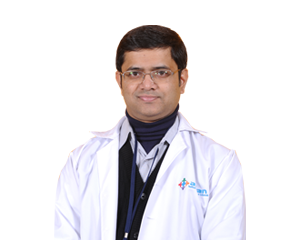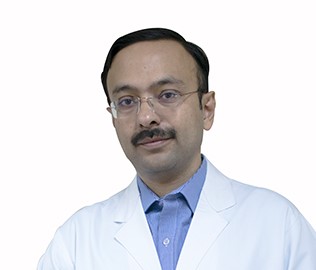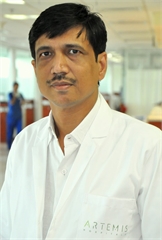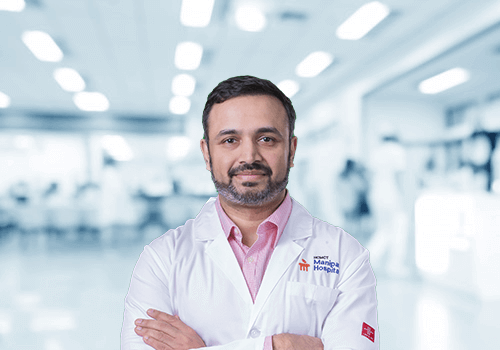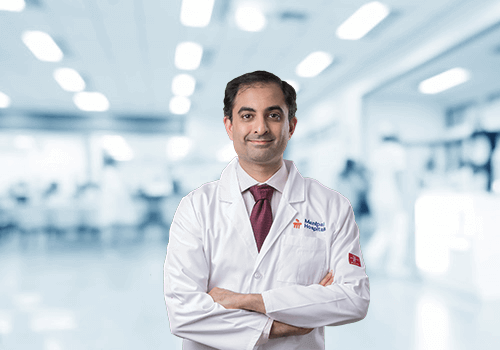About The Doctor
Dr. Sandip has served in full time in Critical Care Medicine in various designations, such as Consultant, Senior Consultant and Heading the department of Critical Care Medicine at Asian Institute of Medical Sciences, Faridabad since 2009.
Specialization
- Critical Care Medicine
Awards
- Article on “ENTERIC FEVER WITH ARDS & MYOCARDITIS” was accepted for award session at Association Of Physicians of India APICON 2006 at Patna
- Article on “ICU INFECTION CONTROL MEASURES AMONGST INDIAN CRITICAL CARE NURSES AND IMPACT OF FOCUSSED EDUCATIONAL INTERVENTION”- was a Poster Presentation a European Society of Intensive Care Medicine in 2008.
Frequently Asked Questions about Critical Care
What is an intensive care unit or ICU?
It is a special area of the hospital where the focus is on intense observation and treatment with increased staff and resources . This helps respond immediately to emergency conditions . The trained nurses and doctors with the help of a multidisciplinary team ensure that the critical patient rapidly recovers and goes home to their family.
Who is an Intensivist / Critical Care specialist?
Is a trained super specialist in the critical care medicine after completion of Anaesthesiology/ Medicine/Pulmonology and is responsible for the patients in the Intensive Care Unit. Major decisions are taken by Intensivist after discussion with the primary and referral consultants. Daily family meetings are done to brief the patient attendants about the health condition of the patient and the plan of care. The Intensivist holds a senior responsibility of the Unit and the other healthcare professionals work in coordination with him.
Who needs to be treated in an ICU?
Any patient who needs close monitoring and treatment needs to be admitted to an intensive care unit. Anyone with breathing difficulty requiring the use of special machines called ventilators , patients with low blood pressure needing medicine to treat it, infections causing septic shock as well as patients who need close observation after certain surgeries like heart bypass, trauma surgery and brain surgery are some examples.
Can I visit my family member or friend who is in the ICU?
It is very important for family to be a part of the healing process . The presence of loved ones will reassure the patient . It is also very important that privacy is maintained , noise and infection are controlled and patients get time to rest and sleep. For these reasons visiting hours are specified outside the ICU.
Only two visitors are allowed to meet the patient per shift.
Why are there so many wires on the patient?
The ICU is a place to monitor patients acutely. Fortunately modern technology has advanced a lot and we can get intricate details of a patient’s vital parameters like heart rate , breathing rate, oxygen level and blood pressure for example. This is done using multiple devices and these are the numerous wires that are seen which are constantly monitoring the patient.
What is ICU acquired infections?
What is a pressure sore?
The ulceration developed over the dependent parts of the body in the hospitalised patients, the pressure sore is more common in ICU patients due to immobility, same posture, severe infections, multiple comorbidities. Our pressure ulcer rate is very low due to continuous changing of position every 2nd hourly and early mobilisation.
